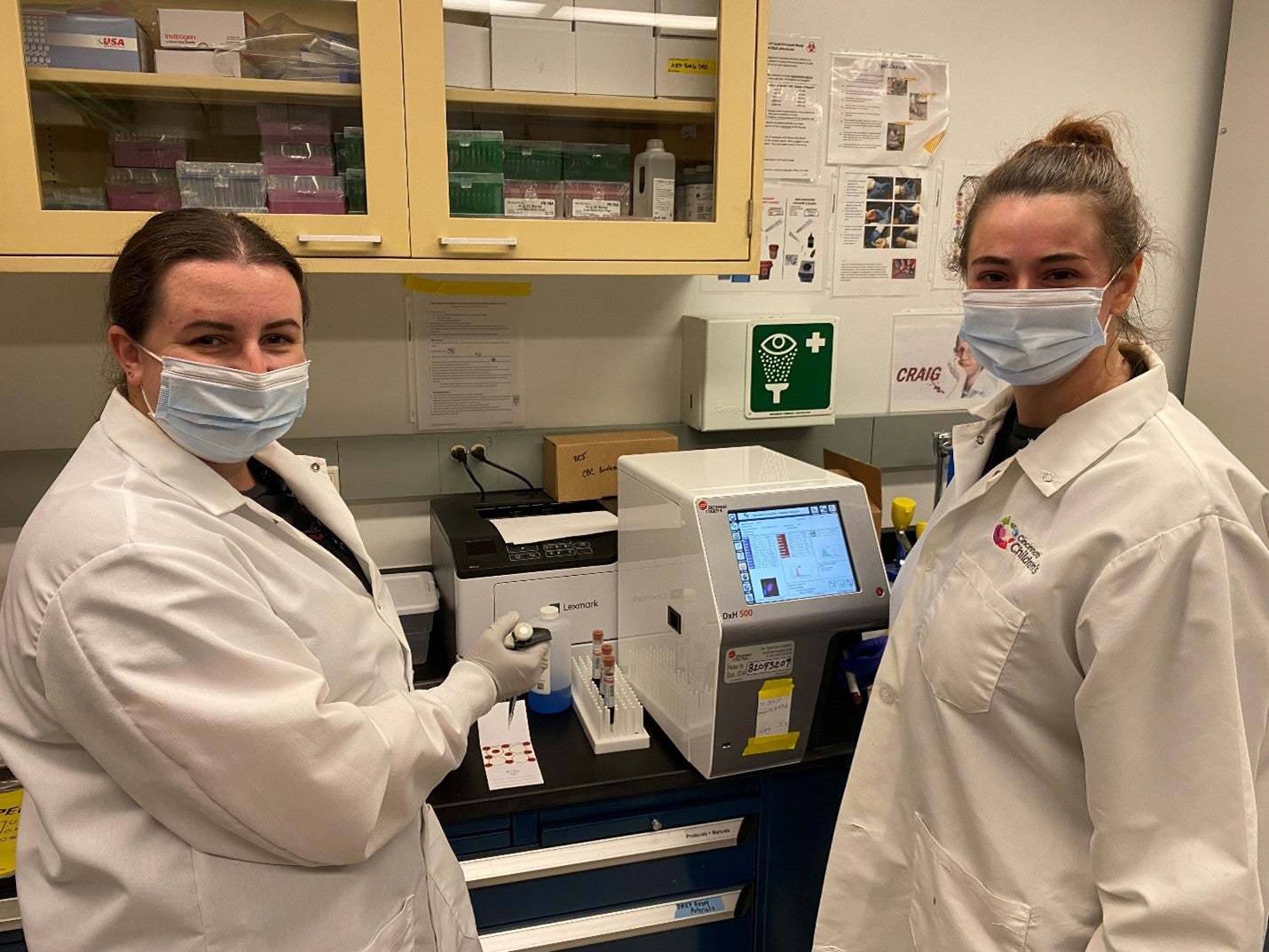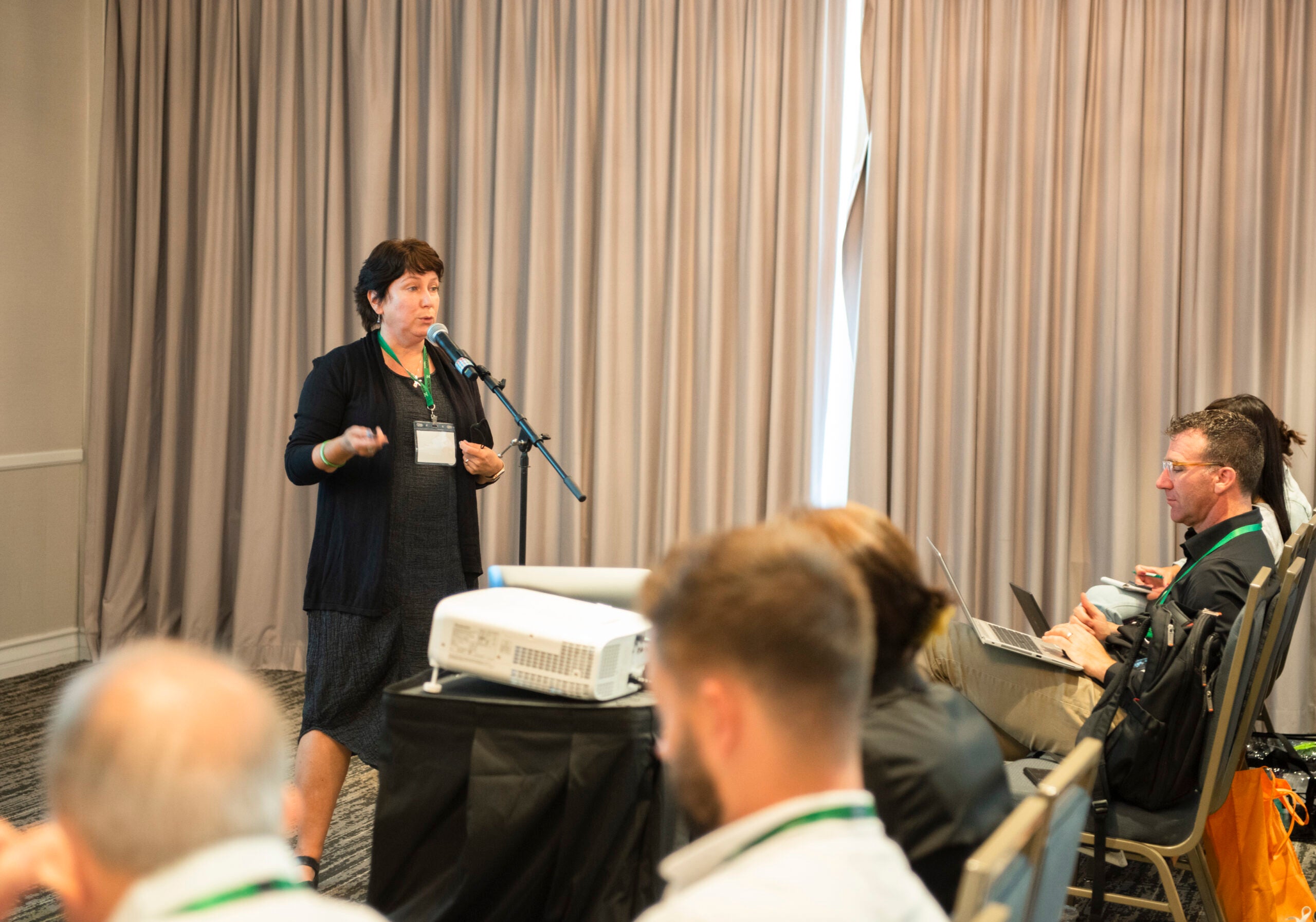We are seeing numerous proposed changes this Congress that would have a significant impact on the Fragile X community. It’s more important than ever that your members of Congress hear directly from you — your voice matters. Let them know how these changes will impact you, your family, and the broader disability community.
This year, Congress will make crucial decisions about our nation’s priorities and how to fund them. Some believe decreasing NIH funding, especially indirect costs, is a solution — though we know it’s far more complicated than that. Indirect funds help cover essential expenses like specialized staff time, regulatory compliance and data processing, and the vital, often expensive, equipment and necessary upkeep that makes groundbreaking research possible. Cutting these costs could drastically hinder progress in research across the board, and the Fragile X community would certainly feel these effects.
The NIH has been a cornerstone in funding Fragile X research, and its contributions — along with support from the CDC, DOD, and others — have built the foundation of knowledge we have today. Thanks to this “bench to bedside” research, we’ve gained monumental insights into Fragile X syndrome and the Fragile X premutation. Notable NIH-funded impact includes genetic understanding of Fragile X, animal models, clinical trial support and infrastructure including intradisciplinary collaboration, and general education and awareness for Fragile X. But there’s still so much to learn. NIH funding has also been instrumental in training the next generation of Fragile X professionals, strengthening both the clinical and research fields. Moreover, it has played a key role in preparing the Fragile X community for clinical trials. As we wait for treatments and potentially a cure, these investments ensure that progress continues to be made.
We are the dedicated voices for Fragile X — if we don’t speak up for Fragile X, no one else will. Now is the time to reach out to your members of Congress and stress the critical importance of continued federal support, including NIH funding for Fragile X research. Share how these funds have impacted your life and the lives of others living with Fragile X and let them know why these investments must continue. Together, we can ensure that progress remains a priority.
Advocate for NIH Funding for Fragile X — Here’s How
1. Identify your members of Congress
- Visit Congress.gov’s Find Your Members tool.
- Enter your full address to identify your members of Congress.
- The results will provide a telephone number, or you can click each member’s “Contact” button for more options, including email.
2. Share your story by phone or email
Using our script below, concisely and effectively share your story, including why research dollars matter. Tips:
- Be prepared to give your address to show you are an active constituent in their district.
- For calls, ask to speak to the aide who handles federal research.
Script for Email or Phone
Hello, my name is [NAME] and I live at [ADDRESS: Street address, city, state, zip code]. I am a constituent of [Sen./U.S. Rep. NAME], and I urge the [Senator/U.S. Represenative] to support and protect funding for NIH research.
I am a [state your relationship to Fragile X; e.g., parent, sibling, self-advocate, researcher, clinician, professional, etc.] and I am deeply grateful for NIH’s investments in Fragile X research so far. These critical funds have allowed us to make significant strides in understanding Fragile X syndrome and the Fragile X premutation conditions that impact many individuals and families like mine. However, we still have much more to learn, and continued funding is essential for identifying effective treatments for these complex, life-changing conditions.
Federal research dollars from the NIH have been indispensable in advancing our knowledge of Fragile X, a rare genetic condition, and the Fragile X premutation, which has associated conditions similar to Alzheimer’s/dementia and polycystic ovarian syndrome. Thanks to these funds, we have researchers dedicated to Fragile X, advancing our understanding and moving us closer to potential treatments and potentially a cure.
Indirect funding from the NIH is vital to ensure that essential staffing and equipment are available for these important projects. It allows research to move forward at the necessary pace, especially since so many individuals and families are waiting for answers. The NIH is not only a lifeline for researchers but also for communities like ours, who are directly impacted by these conditions.
Please protect NIH research dollars for Fragile X. We are still waiting for effective treatments and a cure, and continued funding is key to making that a reality.
Thank you for your time and attention to this important matter.
What to Expect
Remember, Congress members want to hear from their constituents. When you send an email, you will likely receive an automated response noting your email has been received. When you call, a staff member will likely listen to your comments, note them, thank you, and end the conversation. You may not get a lot of back and forth, and that’s OK! Your comments will be logged, and these are typically tallied and shared with the member.
What Happens Next
We understand there is much uncertainty surrounding recent developments and their potential impact on the Fragile X community. Please know that we are closely monitoring the situation and working with our strategic partners to stay informed.
The NFXF will continue to champion both the Fragile X-specific advocacy initiatives and the policies that impact the broader disability community. We will continue to provide you with accurate information to help you advocate for yourselves, educate your members if Congress, and partner with groups like ours to make our voices heard.
about

Hilary Rosselot
Hilary joined the NFXF team in 2019. Prior to joining the NFXF team, she worked at the Cincinnati Fragile X Research and Treatment Center for over five years. She has experience as a clinical research coordinator across many types of clinical trials and served as the clinical research manager for the Cincinnati program. She earned a bachelor’s degree in psychology, a master’s, and is a SOCRA certified clinical research professional (CCRP). She enjoys time with family and friends, a great book, a strong cup of coffee and, of course, a good laugh!
learn more
NOT-OD-25-068: Supplemental Guidance to the 2024 NIH Grants Policy Statement: Indirect Cost Rates
Read the NIH policy statement on the changes to Indirect Cost rates.
NIH Fragile X Centers of Excellence Update | NFXF Webinar Series
NIH Fragile X Centers of Excellence | NFXF Webinar Series
Learn more about some of the most recent progress made from NIH-funded Fragile X Centers of Excellence during the NFXF 2023 & 2024 webinars.
Summary of the Fragile X Messenger Ribonucleoprotein (FMRP) Series at the 18th NFXF International Conference
Dr. Talia Thompson summarizes the Fragile X Messenger Ribonucleoprotein (FMRP) series from the 18th NFXF International Conference
Summary of the Fragile X Premutation Basic Science Research Session at the NFXF 18th International Fragile X Conference
Dr. Carolyn Yrigollen summarizes the Fragile X Premutation Basic Science Research session at the NFXF's 18th International Fragile X Conference.



